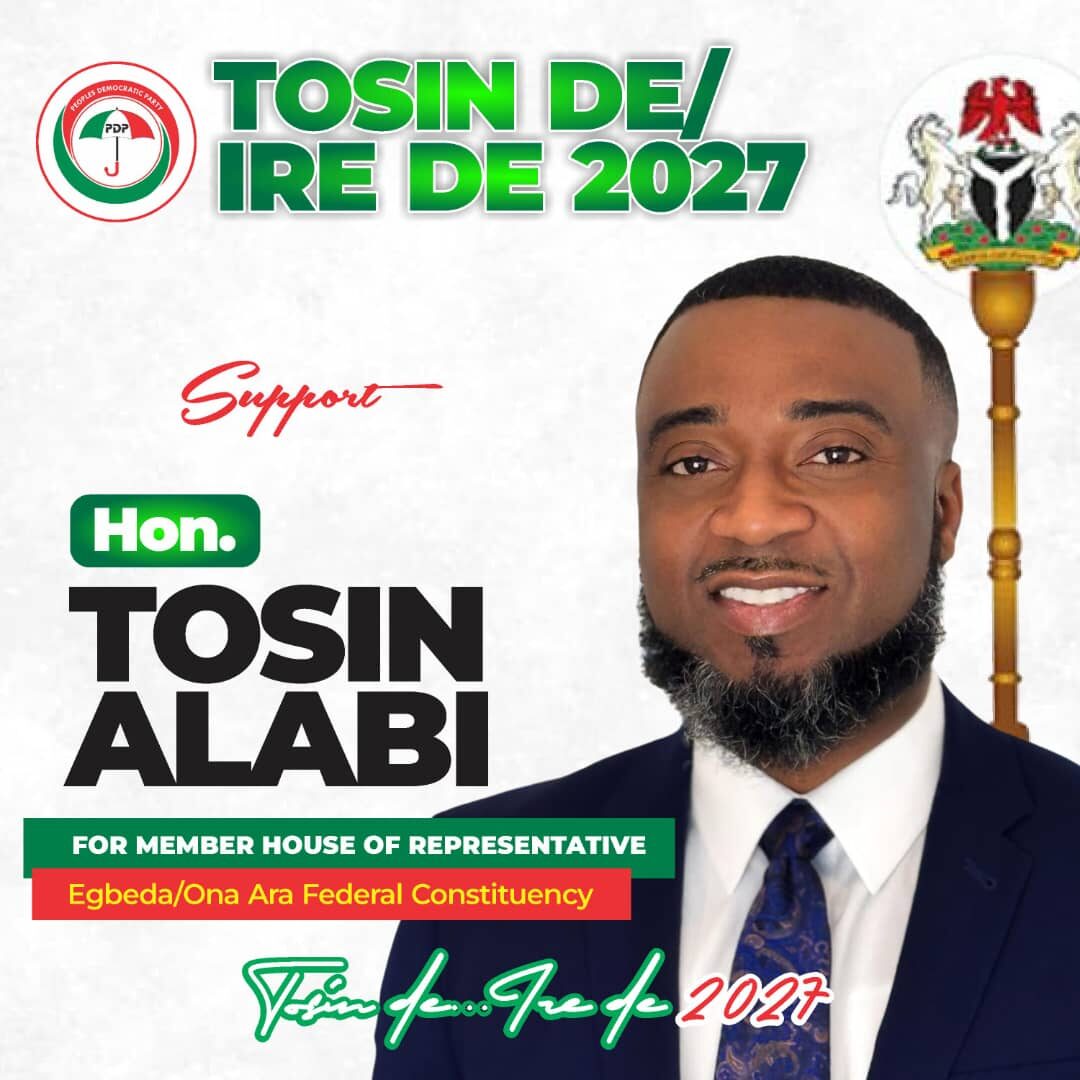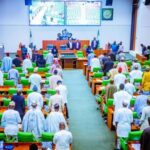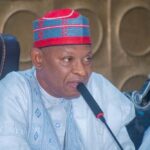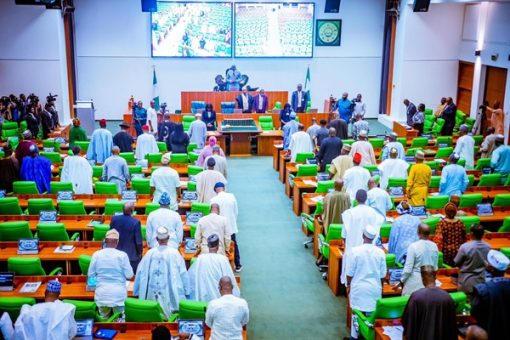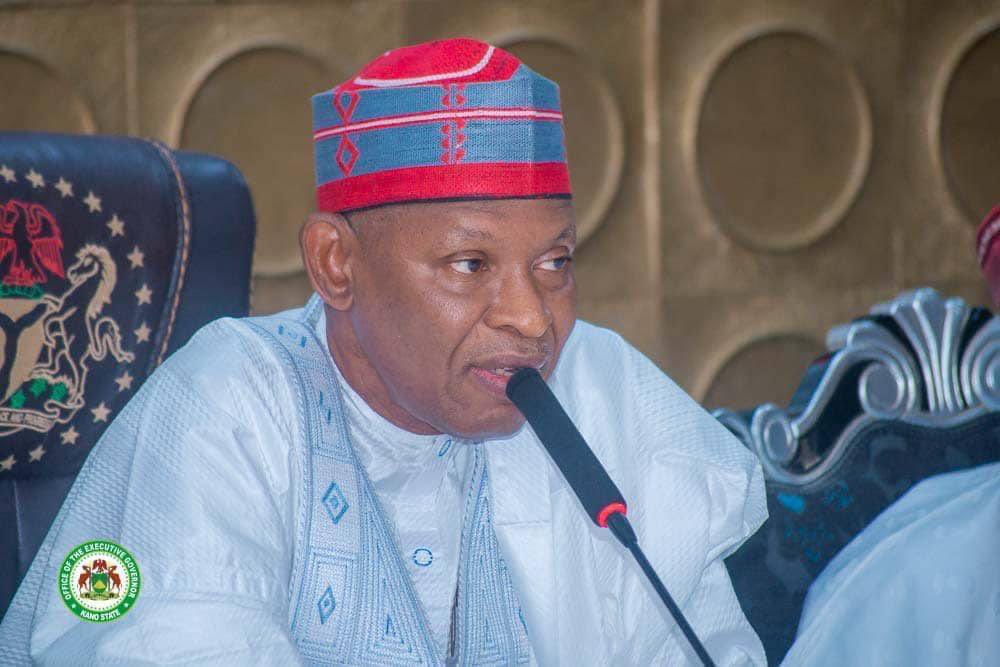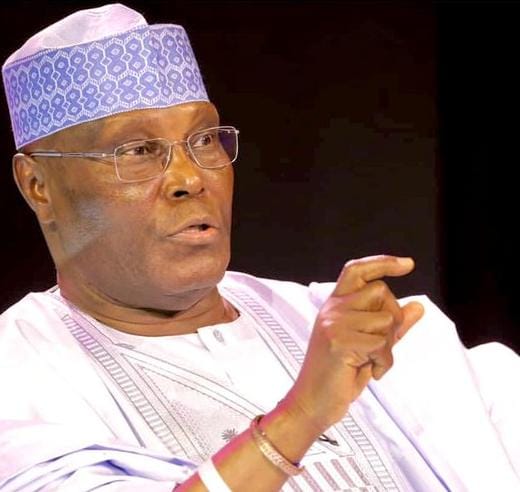Federal lawmakers have extended their annual recess by two weeks, after completing a two-month break. The Senate and House of Representatives will now resume plenary on 7 October, instead of the earlier scheduled date of 23 September.
The two chambers had gone on recess on 23 July and were expected to resume on 23 September. But a statement issued on Tuesday by the Clerk of the National Assembly, Kamoru Ogunlana, announced the postponement while noting that committee meetings would continue.
“I am directed by the presiding officers of both Chambers of National Assembly of the Federal Republic of Nigeria to inform all members of the National Assembly and the general public that the Resumption date of the National Assembly earlier scheduled for Tuesday 23rd September 2025 is postponed to Tuesday 7th October 2025. However, committee activities continue,” he said
Mr Ogunlana apologised for the inconvenience caused and urged lawmakers to adjust their schedules accordingly.
“All Distinguished Senators and Honourable Members are requested to take note of the new date and adjust their schedules accordingly. Any inconvenience caused by this rescheduling is deeply regretted,” he added.
The extension comes at a time Nigeria is facing mounting challenges, including insecurity and rising socio-political unrest. Nigerian lawmakers are often criticised for extending holidays beyond schedule even when there are crucial issues to discuss.
Since reconvening for the 2025 legislative year on 4 February, records show the National Assembly has gone on break at least twice. On 27 March, members proceeded on Easter and Eid-el-Fitr holiday but failed to resume on 29 April as planned, instead adding another week and reconvening on 6 May.
Although the constitution grants lawmakers annual recess, frequent extensions have, however, raised questions about their commitment to urgent national matters.
Plenary sessions, normally held three times weekly (Tuesday, Wednesday, and Thursday) remain the official avenue to debate issues of national matters, and delays can stall interventions.
The Senate spokesperson, Yemi Adaramodu, told PREMIUM TIMES on Monday that lawmakers would give priority to the ongoing constitution review and the amendment of the Electoral Act
Mr Adaramodu, who represents Ekiti South Senatorial District, explained that the Senate had already engaged key stakeholders, including the Independent National Electoral Commission (INEC), and would soon conclude the process.
“We are just resuming and our plan is constitution review and electoral reform Act. Based on our experience in the recent bye-elections, we met with critical stakeholders including INEC itself and we are putting everything together.
“We are aggregating all the reports to ensure that the committee is taking action with necessary things so that we can go ahead with other stakeholders to do what is necessary. Apart from the oversight that we are going to sharpen, we would also be expecting the 2025 budget to come,” the senate spokesperson said.
Before the lawmakers went on recess, the Senate Committee on Constitution Review (CRC), chaired by Deputy Senate President Barau Jibrin, reaffirmed its commitment to conclude the exercise in 2026.
At one of the zonal public hearings held in July, the Senate Leader, Opeyemi Bamidele, assured Nigerians that the ongoing amendment process would be completed and transmitted to state Houses of Assembly before the end of 2025.
The 1999 Constitution, in force since Nigeria’s return to democratic rule, has long faced criticism for being outdated, particularly in light of rapid technological, social, and political changes. Since then, the National Assembly has attempted five rounds of constitutional amendments, with mixed outcomes, some successful, others unsuccessful due to lack of concurrence from state legislatures. Although billions of naira are routinely budgeted for these amendment processes, detailed expenditure records are rarely disclosed to the public.
The current review focuses on critical issues such as electoral and judicial reforms, especially in the case of management and administration, alongside measures to strengthen local government autonomy.
Other priority areas include the role of traditional institutions in modern governance, gender equity and broader inclusion, devolution of powers to subnational units, as well as security and policing reforms.
With zonal hearings already conducted, the Senate is expected to hold a national public hearing to further capture the views of Nigerians on the proposed amendments.
WARNING: If You Are Not 18+, Don’t Click The Link Below 👇🫣
https://facultativethus.com/kx6iepv2qm?key=6c14bd1d68e1eba721851f19778f5efe
Please don’t forget to “Allow the notification” so you will be the first to get our gist when we publish it.
Drop your comment in the section below, and don’t forget to share the post.
Never Miss A Single News Or Gist, Kindly Join Us On WhatsApp Channel:
https://whatsapp.com/channel/0029Vad8g81Eawdsio6INn3B
Telegram Channel:
https://t.me/gistsmateNG
